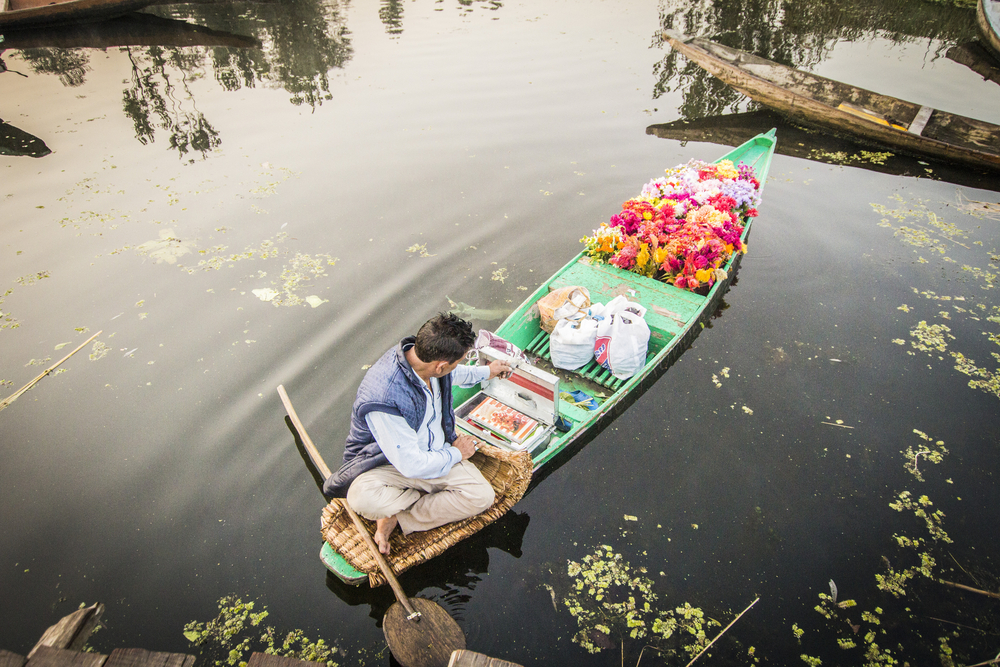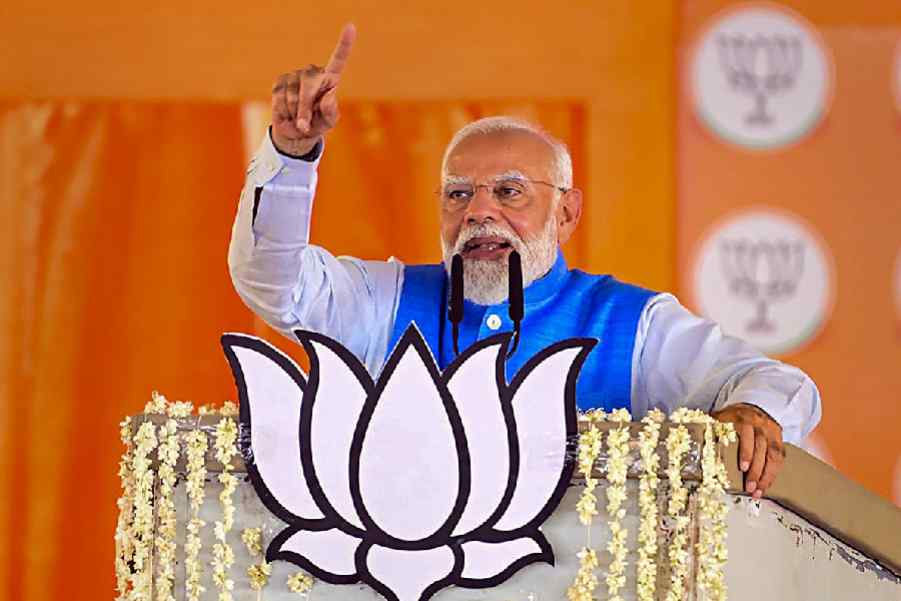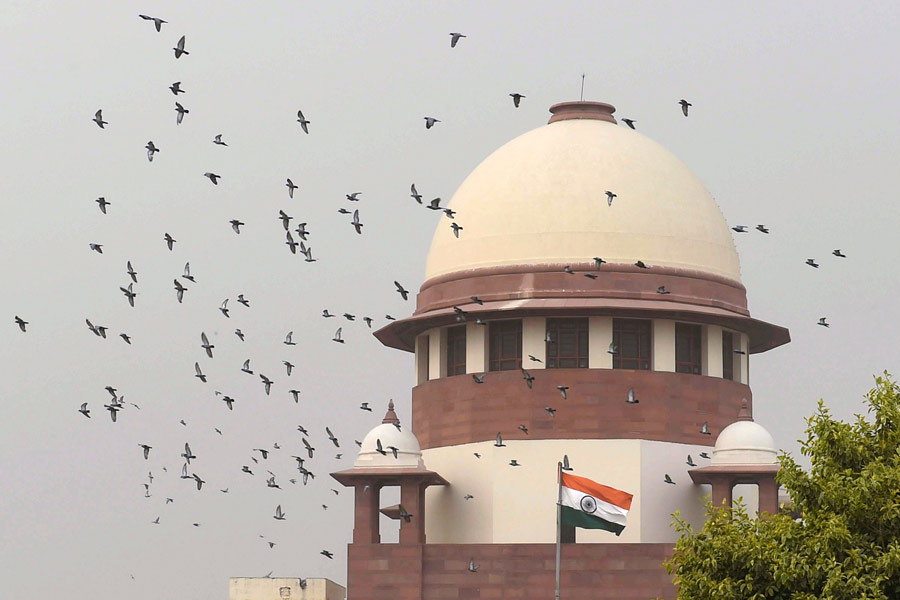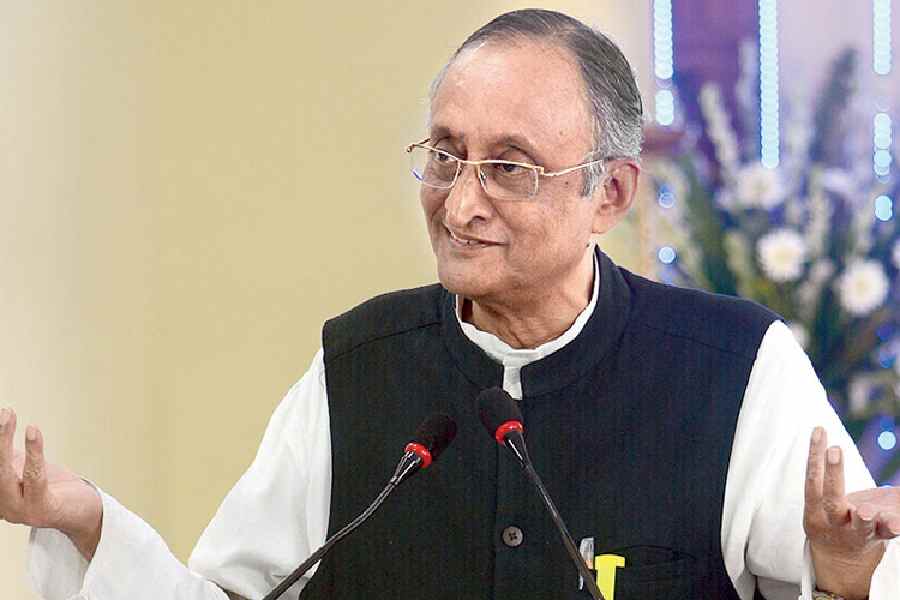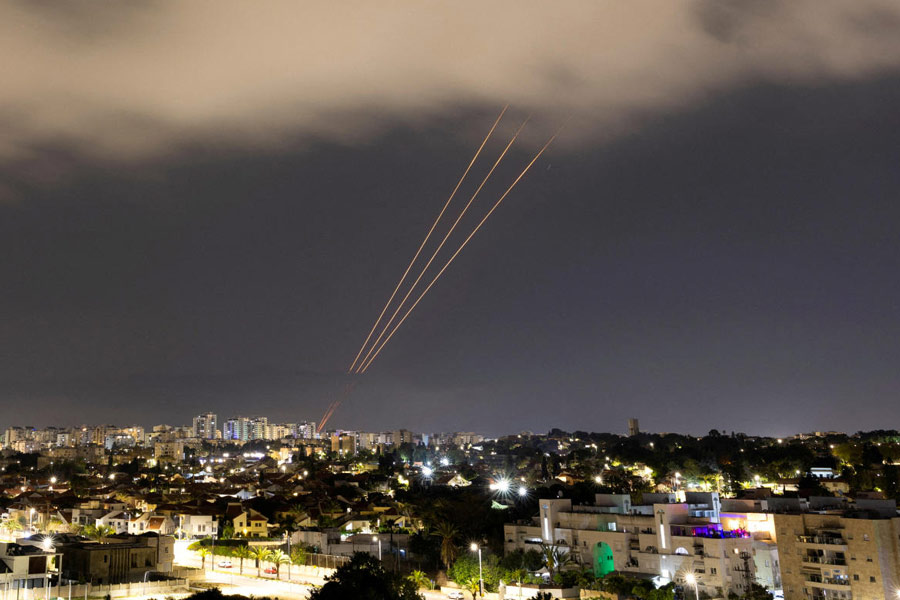In the post-constitutional purge that reordered our territory and its attendant accessories of control, all is not bad. While there is still a multitude of competing voices in Kashmir and on its current status, of late, one thing has emerged as somewhat encouragingly positive.
There is consensus building up that the title of “Paradise” that Kashmir once carried has been lost.
The local legend suggests that when Shah-e-Jahan, the Mughal emperor, caught the first sight of the Kashmir Valley, he was mesmerised by the splendour of the landscape. His appreciation of the beauty came in the form of an impromptu Farsi verse:
Agar firdoos bar roo-yay zameen ast
Hamin afto hamin afto hamin aft
(If there is paradise on earth
it’s here, it’s here, it’s here.)
Like in the current iteration of democracy, everything in those days revolved around the king. As sanctioned by the royal edict in the form of an aesthetically pleasing couplet (in modern version a jumla) mentioned above, Kashmir came to be known as “Paradise”.
Until, of course, it was lost.
Most Kashmiris believe it vanished some time in the second part of the year 1947. The BJP, as enunciated recently by the Prime Minister, believes it was lost over a long but slow and repugnant course.
Like everything else that blights India at present, this process of squandering was administered automatically through a congenital bug that carried with the Congress and its main driver Jawaharlal Nehru.
Thankfully, as ably demonstrated by the bard of Britannia, John Milton, the lost paradise can be regained and with a proud whoop.
After the en masse quarantining of Kashmiris that is now in the ninth week, the government has decided to regain the heaven that was lost to a habit of cultivated carelessness towards national interest, the supreme cause of utter relevance that now dictates everything from the time table of bullet trains to the renewed focus on the intergalactic scientific wisdom in the Vedas.
During his launch of the Maharashtra poll campaign in Nashik last month, Prime Minister Narendra Modi offered a dedicated fresh slogan of the “new Paradise” that Kashmir is to become under his watch. The prescription offered is moderately simple: “Hug each Kashmiri.”
On the surface of it, this is a very good news — not only for the gesture, but also for the fact that Modi’s “bear hug” is “world famous” not only in India but beyond.
Some of the top power brokers on the planet, from Donald Trump to Vladimir Putin and Xi Jinping to Shinzo Abe, have accepted the saffronised screeds with open arms.
Even the disgraced Nawaz Sharif, the former Prime Minister of the enemy country that is as responsible for India’s current afflictions as Nehru, has received a tight embrace only a few years back.
The idea of “hugging each Kashmiri” in pursuit of a “new Paradise” is pretty novel at a time when the only approved physical contact happens during lynching. Therefore, it is not only very commendable but also extremely brave, to say the least.
I’m sure the Prime Minister and his team would expect Kashmiris to not only warm up to his idea but also cause a swarm around it. If it doesn’t happen, the blame must not fall on the usual suspect, Pakistan. Like the BJP has a ready alibi in the Congress and Nehru for everything that still looks retrograde, Kashmiris also have a genuine excuse in the form of an old story.
It is the anecdote of a man and his young nephew. In Kashmiri, it is known as kakun haput, or, the Uncle’s Bear.
One morning, the duo were walking along the banks of the river Jhelum when the nephew noticed a large floating mass. Sensing that it was some precious cargo, he jumped into the river and grabbed it. Soon, he started to flail his arms. In response to the uncle’s distressed shouts, the terror-hit nephew cried that it was a bear. All that the uncle could muster was a scream at his nephew to leave it and return ashore. “I have already left the grip but it is not letting me go,” yelled the terrified nephew.
Shah-e-Jahan was left devastated by the death of his beloved wife, Mumtaz Mahal. Despite the burden of the royal name that boasted him to be the emperor of the universe, the king felt abandoned. He wrote a poignant couplet that is ingrained on her tombstone inside the Taj Mahal:
Bur mazar-e ma ghareeban nai chiragi nai guli
Nai par-e parwana soozad nai sur aa-yad bulbuli
(On the underprivileged tomb of ours there is no lamp or flower
(There) no moth is smitten by the fire, nor does any carol from the bulbul arrive.)
Coming back to the delusions of the paradise, I am, like Mirza Ghalib, a converted disbeliever. He has dissected its alleged expanse and suspected magnificence in a terrific idiom:
Hum ko maloom hai jannat key haqiqat lay-kin
Dil kay khush rakhnay ko Ghalib yeh khayal accha hey
(We know the reality of the Paradise Ghalib! This fantasy is good for the happiness of heart.)
On a serious note, if Kashmir was to really become a paradise a la the Nashik declaration, it would act as a magnet for a plethora of Islamist fighters. It would not only cause further ruin to the already doomed Kashmiris, but also defeat the very purpose of Modi’s Project Paradiso!
Murtaza Shibli is a British Kashmiri author and journalist who lives between Srinagar, Lahore and London

